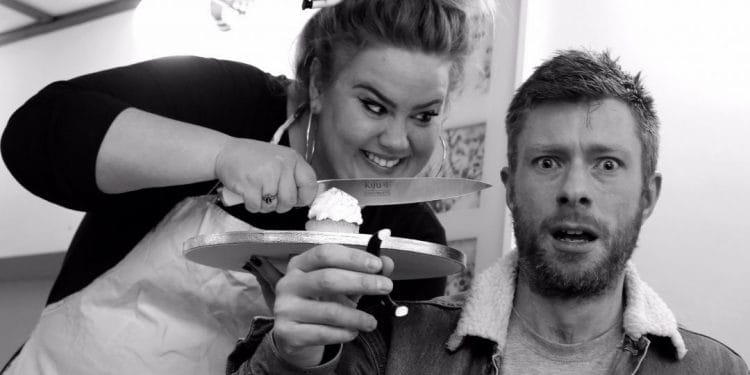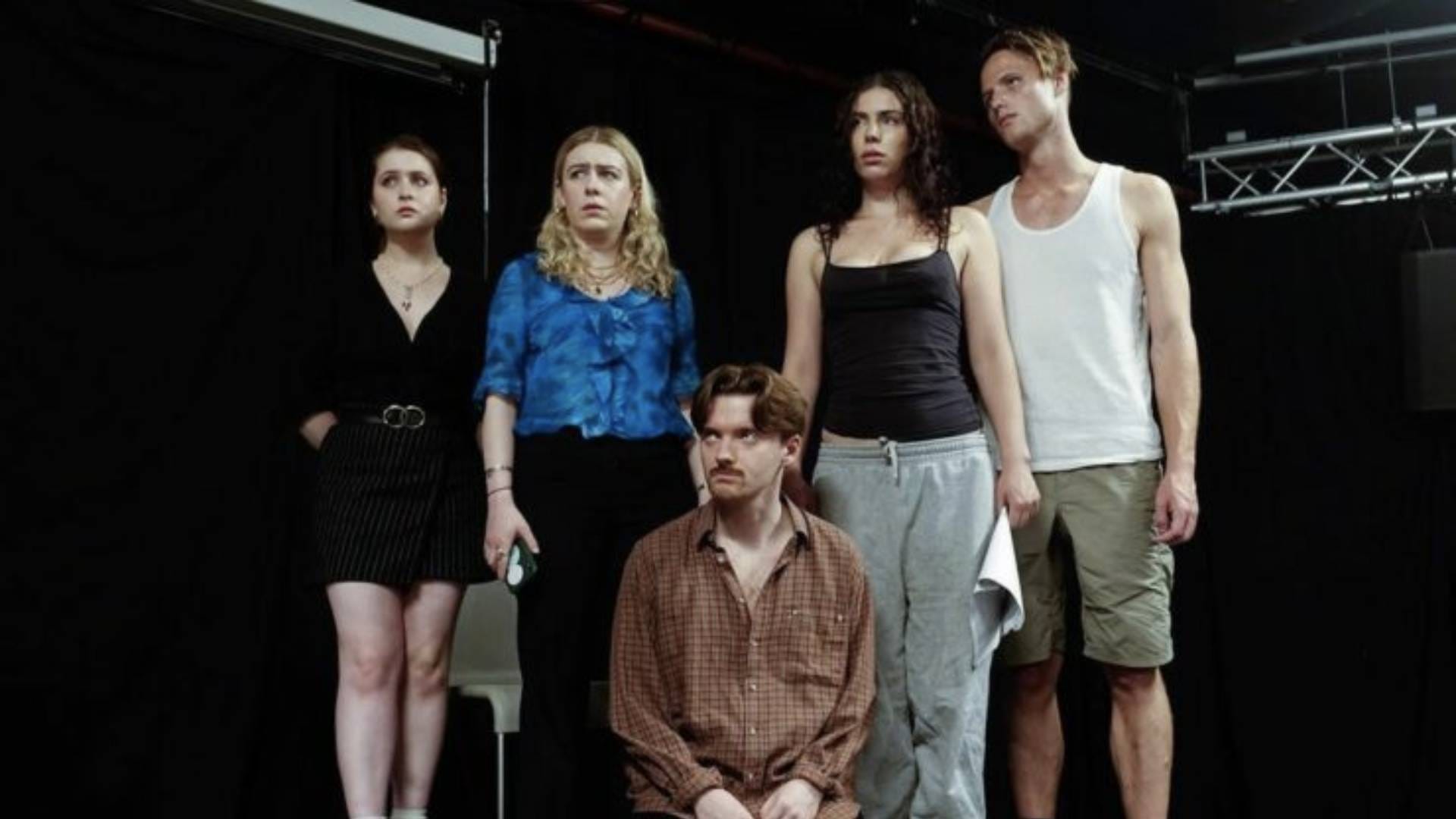 Café Of The Damned, written and directed by Jim Mannering at The Etcetera Theatre, is much defined by the specifics of the set: limited space, extremely close proximity to the audience and lack of complex lighting and sound solutions. Under such conditions, the play itself and the level of acting become extremely important, and I would say that both those key elements were not as convincing as you might hope.
Café Of The Damned, written and directed by Jim Mannering at The Etcetera Theatre, is much defined by the specifics of the set: limited space, extremely close proximity to the audience and lack of complex lighting and sound solutions. Under such conditions, the play itself and the level of acting become extremely important, and I would say that both those key elements were not as convincing as you might hope.
All action takes place in an ordinary dingy café, which you can find on the high street in any British town, alongside bookmakers and off-licence stores. The characters – a couple of regular visitors, café manager, a waitress and her boyfriend – all keep dark secrets, and when the street is closed by the police for a criminal investigation, they are ‘trapped’ together and attempt to escape with minimal losses.
There are many funny scenes and a lot of witty dialogue throughout Café Of The Damned. The audience laughed joyfully at CJ’s jokes on Christopher and Princess’s efforts to follow up the recent trends both in business and in personal life. Unexpected plot twists kept the audience interested and engaged during the whole play. However, the ending feels greased and the characters seem more like caricatures than real people.
The performances by Matthew Carter (Christopher) and David Hemsted (CJ) were more convincing than the others, but close proximity to the audience plays against all the actors, making each one of their mistakes and misses more obvious. Sitting just above a pub, with some drinks and snacks in hand, the audience are perfectly placed to become a part of the action, to feel themselves punters of the same café, but the performance did not provide us with such a chance.
Nothing about the play feels particularly real; minimalistic decorations and the absence of any music or light effects of course, do not help. Chamber theatres like The Etcetera can help to deeply engage the audience but only when space is used cleverly.
Café Of The Damned is a nice black comedy and it definitely can entertain you, and while it needs some work in the staging, the audience were at least appreciative of the work and were not overly disappointed.

















